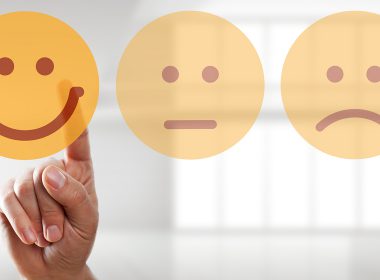When she was 25, Amber Hawkes headed to Chennai in India as a volunteer in one of the most densely populated cities in the world. Hawkes thrived as she used her legal skills in the office of the International Justice Mission (IJM), a global organisation launched in 1997 that works to protect the poor from violence and has been partly funded by the Bill and Melinda Gates Foundation. In Chennai she mentored local lawyers and worked with authorities to release adults and children from bonded labour contracts and prosecute slave owners. Despite the chaos, the desperately sad cases, and under-resourced local services, Hawkes decided she wanted more. Seven years on, after a stint in the US state of Ohio, the former Clayton Utz solicitor decided to launch International Justice Mission in Australia. Last year, more than 200 solicitors donated the equivalent of one billable hour to a Time for Justice campaign to fund IJM’s work in Cebu in the Philippines. With two children under five and another baby on the way, Hawkes, 33, is still devoted to expanding her human rights legal work. As she tells JANE SOUTHWARD, it’s the very reason she became a lawyer.
International Justice Mission launched in Australia in May 2014 and our mission is to rescue thousands, protect millions, and prove that justice for the poor is possible. IJM was founded in Washington and we work in 18 locations around the world doing casework in areas such as human trafficking, bonded labour, child sexual abuse and police abuse of power.
IJM Australia works in justice projects in South East Asia, in Cebu, a city of nearly 3 million people in the Philippines. We partner with local authorities to rescue and help victims of sex trafficking, prosecute perpetrators and strengthen the justice system as a whole. We have seen remarkable results. In 2014, 39 victims were rescued and 17 perpetrators of trafficking convicted.
When you first begin to do the work in a particular location, people tell you it’s impossible. They say you will never get anyone to properly prosecute sex traffickers or managers who keep people in bonded labour. These poor countries have justice systems that are underfunded, broken or corrupt.




